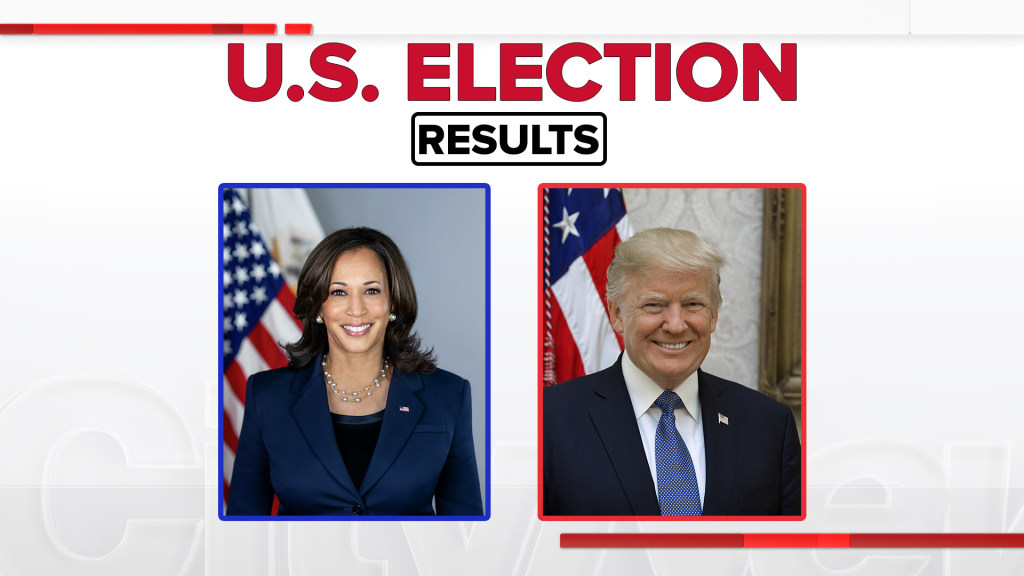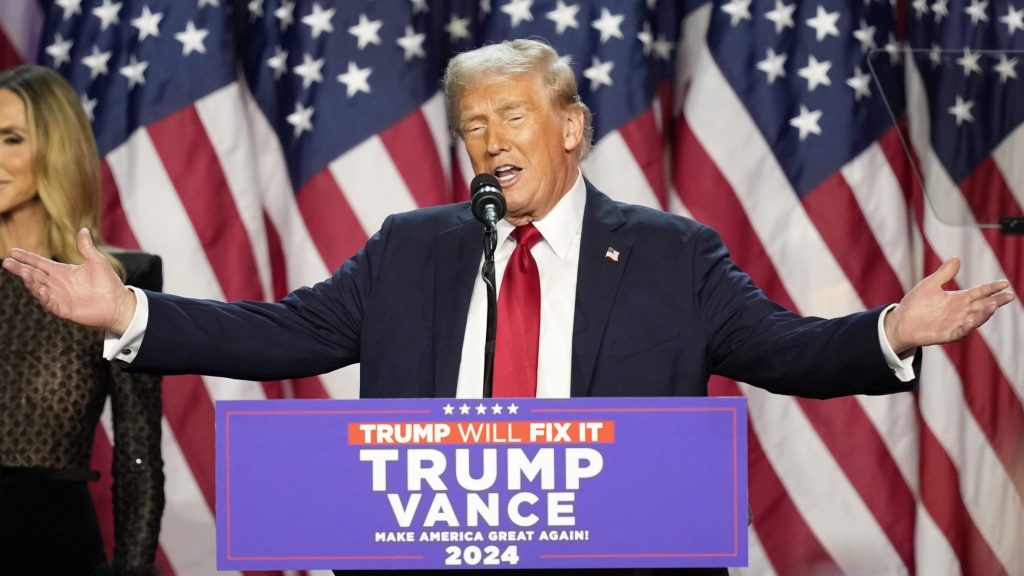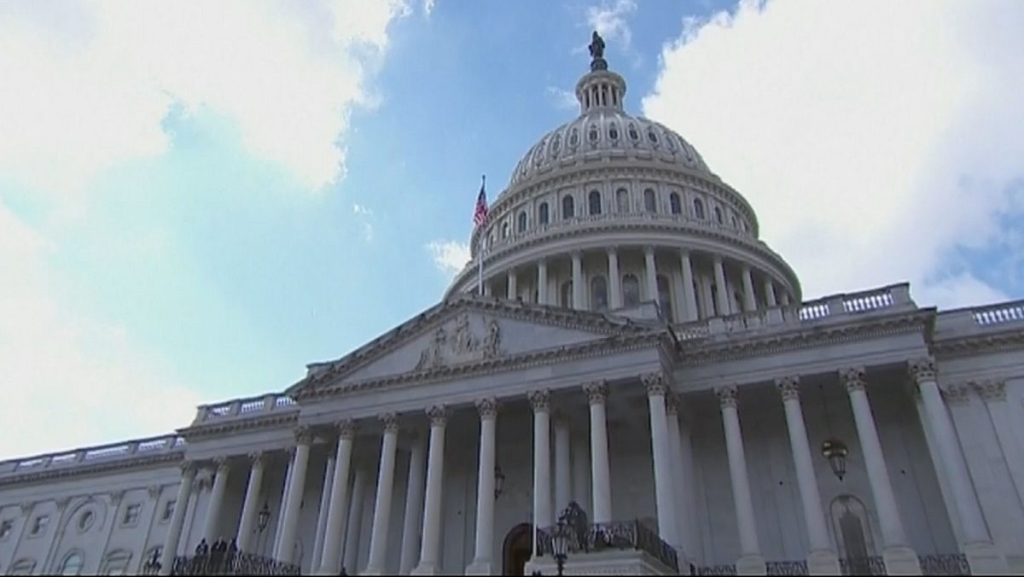Rematch of Republican US Rep. Don Bacon and Democrat Tony Vargas in Nebraska another close one

Posted Nov 5, 2024 07:34:15 AM.
Last Updated Nov 6, 2024 05:15:44 AM.
OMAHA, Neb. (AP) — The race to represent the Omaha district in Congress proved to be tight again Tuesday, with the rematch between Republican incumbent Don Bacon and Democratic state Sen. Tony Vargas too early to call hours after polls closed.
Two years ago, Bacon defeated Vargas with 51% of the vote in their contest to represent the 2nd Congressional District, which is the state’s most demographically and politically diverse. This time, Vargas hoped to ride a wave of support for the Democratic presidential ticket that siphoned off a lone electoral vote tied to the district.
Recent polls showed a tight race going into the election, with both candidates depicting themselves in ads as pragmatic problem-solvers who eschew their parties’ partisan fringes.
The district also repeated its recent history of backing Democratic presidential candidates in an otherwise solidly Republican state. Nebraska allows three of its five Electoral College votes to go to the winners in each congressional district, with the other two going to the state’s overall winner. Nebraska’s 2nd District twice previously awarded its vote to Democratic presidential candidates — to Barack Obama in 2008 and to Joe Biden in 2020, and did so again Tuesday by backing Kamala Harris. Former President Donald Trump took the state’s other four electoral votes.
A single electoral vote would normally draw little attention, but with polls showing this year’s presidential race to be tight, it took on outsized importance in the candidates’ efforts to gain the 270 needed to win. Scenarios were mapped out in which both Harris and Trump could find a single electoral vote from Nebraska handing them a win, although that likelihood dwindled greatly as results poured in from across the country.
But the oddity led Harris and Democratic groups backing her to spend millions of dollars in the Omaha district on campaign ads and on-the-ground campaign staff in the hopes of winning its electoral vote. Trump’s campaign and Republican groups spent far less following a failed attempt to goad the Republican-dominated Legislature to rewrite the state’s rules and change Nebraska to a winner-take-all system of awarding electoral votes.
Vargas had hoped to see a boost from the Democratic presidential ticket that includes vice presidential candidate Tim Walz, a Nebraska native. He counted on universal support from Democratic voters who make up more than a third of the district’s electorate. But he’s also aimed to draw heavily from the nearly 30% of district voters who identify as independent and third-party supporters and even some Republicans disillusioned with Trump.
To that end, Vargas’ campaign ran ads aimed at more moderate and conservative voters, including ones focused on reducing illegal immigration at the U.S. southern border, cutting taxes for the middle class and being tough on crime.
Meanwhile, Bacon touted himself in ads as a bipartisan centrist in an effort to draw voters from outside the Republican base. But he sought to walk a fine line in the swing district, often turning to social media to cater to his Republican base, including by using it to declare his unwavering support for Israel in its war with Hamas and defending his vote against a bipartisan border security bill.
In the state’s 1st District, incumbent Republican Rep. Mike Flood defeated Democratic challenger Carol Blood.
Flood was first elected to the seat in a June 2022 special election to replace former GOP Rep. Jeff Fortenberry, who resigned in the wake of a criminal case accusing him of lying to federal agents. Flood took a harder conservative tack in this campaign than he had in previous ones, ramping up his support of Trump and accusing Democrats of causing an immigration crisis.
Blood, a state lawmaker from Bellevue who served in the legislature with Flood from 2020 through part of 2022, had hoped that women and other voters frustrated by Republican support for abortion restrictions and Trump would swing the vote in her favor.
Republican Rep. Adrian Smith easily won a 10th term representing Nebraska’s vast rural 3rd Congressional District, defeating Democrat challenger Daniel Ebers, a farmer from Overton. Over the years, 3rd District voters have shown no signs of discontent with Smith, one of the most conservative members of Congress.
Smith’s political leanings are in keeping with those of the district. It’s not only Nebraska’s most conservative, it’s considered one of the most conservative districts in the country. Smith has won the last three elections with roughly 80% of the vote.
Margery A. Beck, The Associated Press








